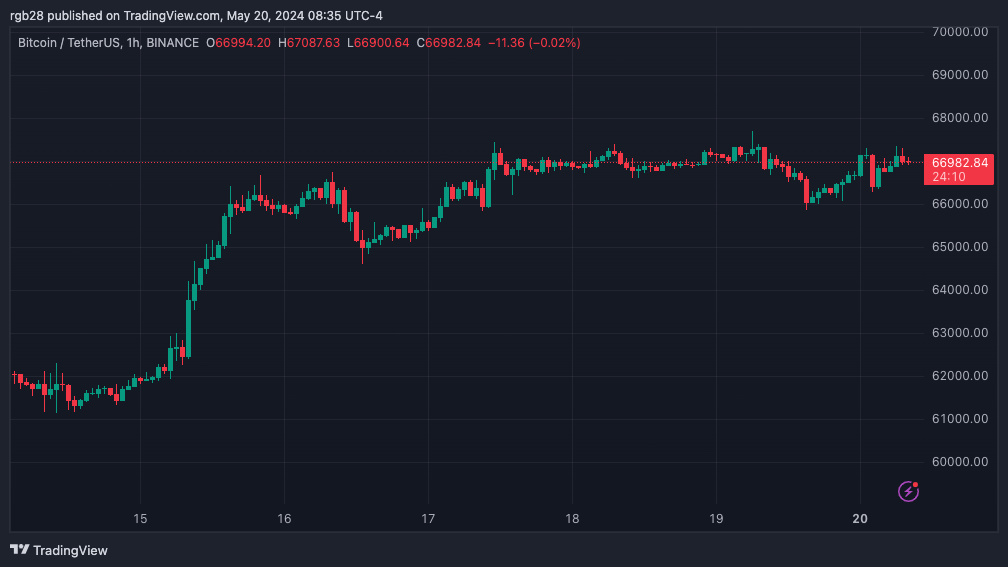Lilian Nurieva, ex-Head of Networks at Finiko, was sentenced to three years for a $55 million fraud, Russia’s second-largest post-Soviet financial scam.

Lilian Nurieva, a former Head of Networks at the Russian cryptocurrency investment firm Finiko, was found guilty of scamming individual investors and being a member of an organized criminal organization and received a three-year sentence.
According to the Federal Foundation for the Protection of Investors and Shareholders Rights, the $55 million pyramid fraud is the second-biggest financial scam in Russia’s post-Soviet history.
Russian police started looking into fraud and organized crime at the “crypto investment fund” Finiko in 2021. The inquiry found that the fund was a Ponzi scam that embezzled millions of dollars from investors.
Finiko operated from 2018 to 2021 as a pyramid scheme that investors were led to believe was a cryptocurrency fund. Kirill Doronin, the principal mastermind and benefactor of the scheme, traversed the nation giving master lectures and drawing in hundreds of students.
Doronin and his cronies established a criminal organization to steal public funds in a methodical manner. The crooks would approach prospective customers and claim to have created a “unique automatic profit generation system” that “guaranteed” substantial profits in digital currencies, such as Bitcoin.
Initially, users would get their profits and have the option to withdraw their funds in Bitcoin. However, as Finiko’s cryptocurrency token began to lose value in 2021, things started to go south for investors. Within a month, the company’s website was taken down and its offices unexpectedly closed, leaving investors with nothing.
Donorin told investors that the cryptocurrency fund was having technical difficulties, but it was later discovered that his colleagues had already left the nation with the money from the investors.
The investigation revealed that numerous clients had sold their homes or taken out loans to invest in the fake fund. It also revealed that the investment fund operated like a Ponzi scheme, paying out payouts to previous clients using funds contributed by new investors.
At the time, the Russian Federation’s Ministry of Internal Affairs (MDV) calculated that the company had defrauded more than 10,000 people and taken more than 5 billion rubles, or around $55 million.
One of Finiko’s executives, Lilia Nurieva, was found guilty by the Vakhitovsky District Court of Kazan of misleading investors. Nurieva, a major player in the cryptocurrency scam, received a “light” sentence in exchange for helping the prosecution.
Due to his involvement in organized crime and fraud, the former executive was first given a four-and-a-half-year term. Nevertheless, because her pre-trial detention period will be factored into her sentence, Nurieva will only be sentenced to three years in prison.
Prosecutors asked for six and a half years of imprisonment for the Russian executive, but a pre-trial agreement allowed the former Head of Networks to shorten her sentence, according to local newspapers. Because of this agreement, Nurieva was spared from a maximum of ten years in prison.
Additionally, the executive cooperated with the investigation and freely acknowledged the charges, which allowed them to face separate trials from the other offenders.
According to her attorney, Maria Belousova, the charges made by the authorities against her client were “fair.” She added that Nurieva was the only one among the accused who had used her money to invest in the plan.
Belousova claims that the ex-Finiko executive contributed 40 million rubles to the investment fund before joining the company:
When she joined the criminal association, there were illusions that it was not criminal and illegal. Then, during communication with top executives, clarity came.
Doronin and the other eleven defendants are still awaiting trial. On April 27, the Office of the Prosecutor General authorized their indictment and forwarded it to the Vakhitovsky court. The defendants are also charged with large-scale coordinated group fraud and the formation of a criminal association.

